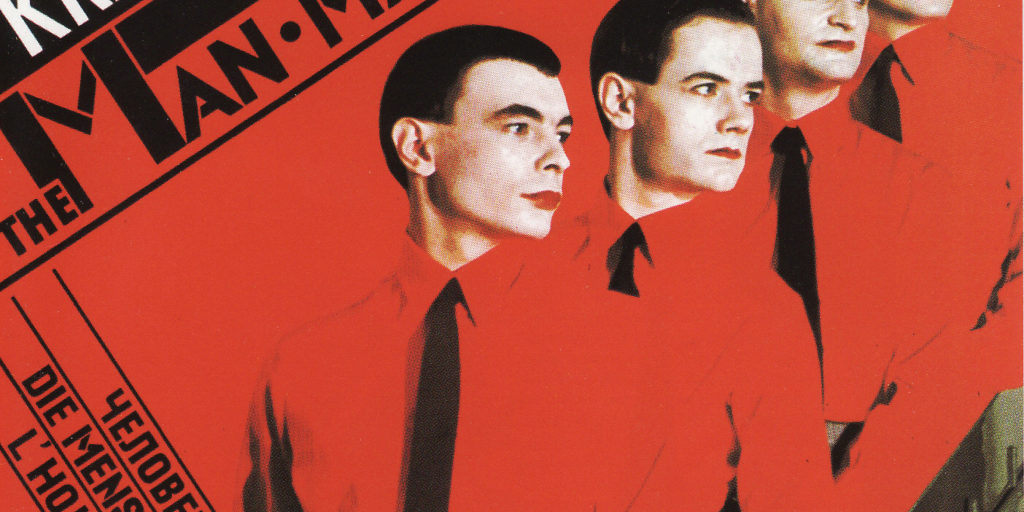I have written about bots and robots before and how to think about the religious attitudes they might spawn (http://www.ethicsoffashion.com/trans-humanisms-false-hope/).
Two recent articles show the consolation and desolation they offer.
Stitch Fix uses bots to build a profile of a consumer’s preferences not only to offer good clothing matches for the customer’s tastes but to respond to gaps in the market: generating an algorithm for the style of clothes the bot identifies as desired but missing in the market (https://www.fastcodesign.com/90128248/how-stitch-fix-is-using-algorithmic-design-to-become-the-netflix-of-fashion). This article saddened me, not only because the writer noted that the bots offer up sterile styles as market fillers, but because I suspect the production model of this company is the antithesis of Scheler’s estate. I assume everything is farmed out to myriad middlemen to source at factories throughout Asia. In principle, the company has no geography, it is utopian.
Another article (https://motherboard.vice.com/en_us/article/the-case-for-letting-robots-make-our-clothes) wonders if the use of sewbots can transform the injustice of clothing production. The article includes useful details about the poor working conditions in much of Asia’s clothing industry but quickly shifts to the creative and affirmational.
On the one hand, sewbots might put millions of people out of work and decimate already hard-pressed communities. But on the other, careful use of bots (and robots) could be highly positive: they offer the potential to decentralize factories, to make production local to communities, and to free humans from grunt work leaving them free to focus more on design and embellishing (https://motherboard.vice.com/en_us/article/automated-mini-factories-will-bring-back-custom-fit-clothes).
Is our technological future Schelerian? The thought is consoling.






